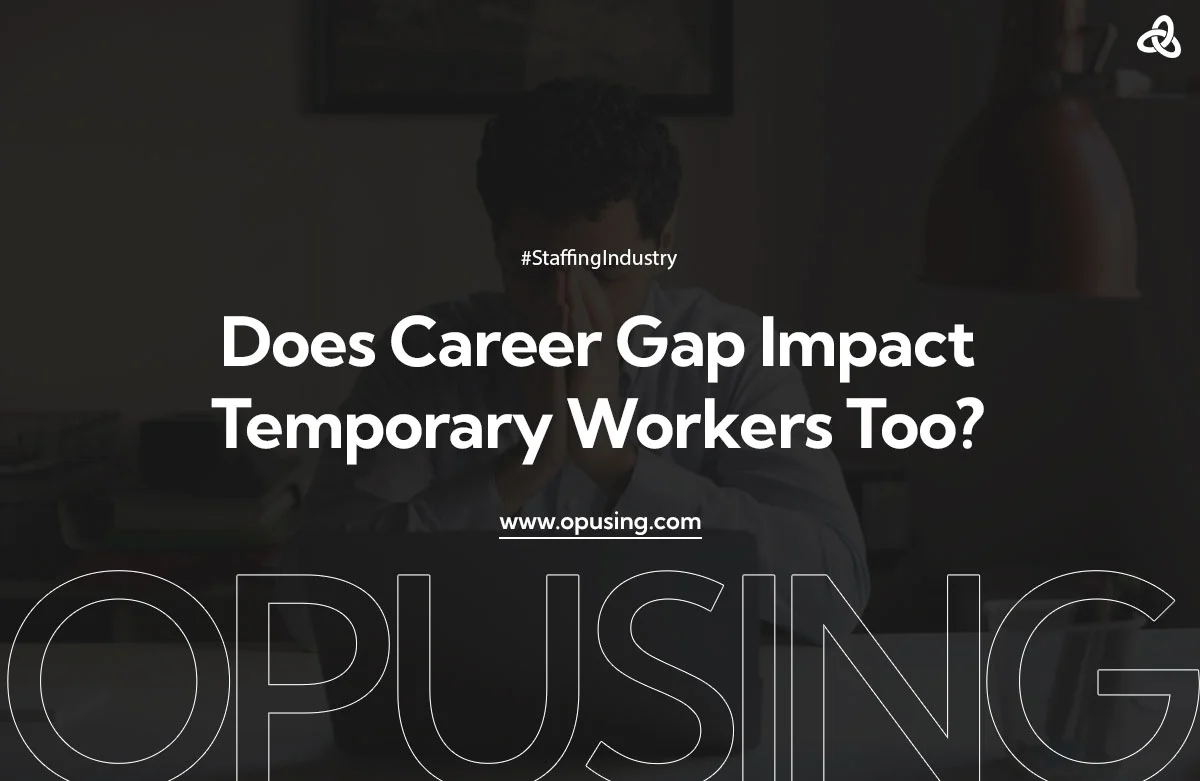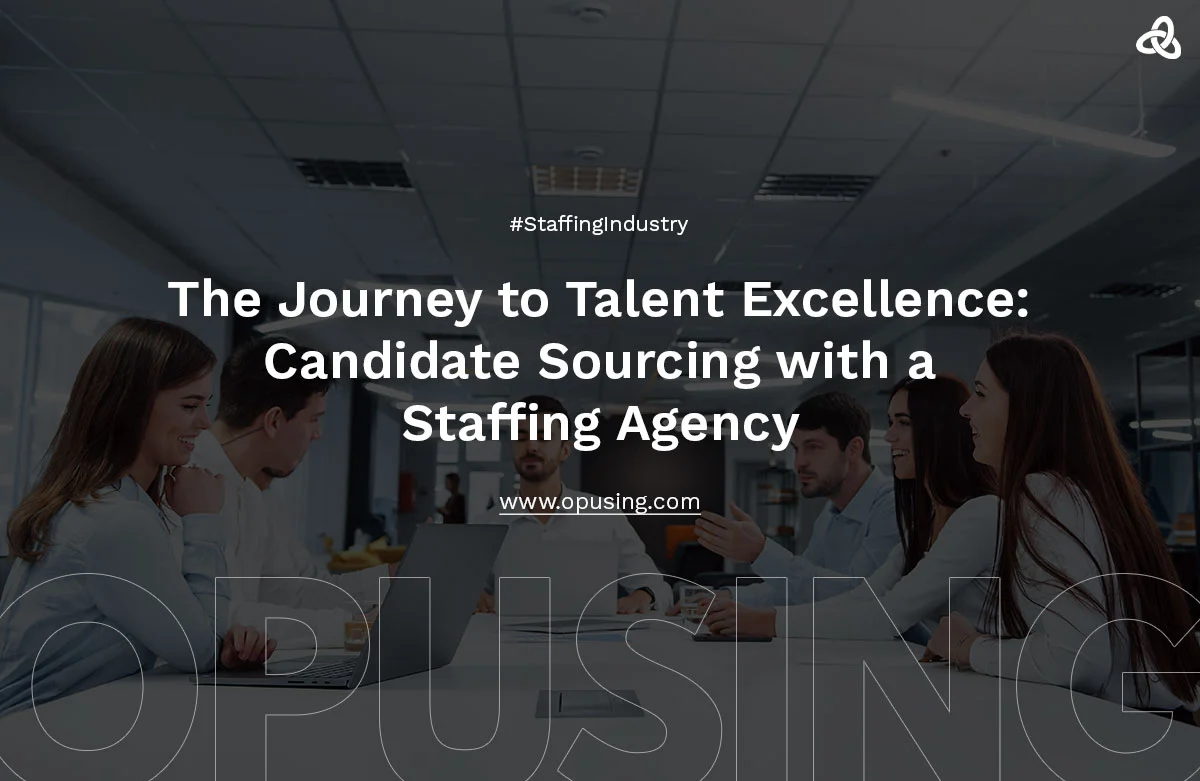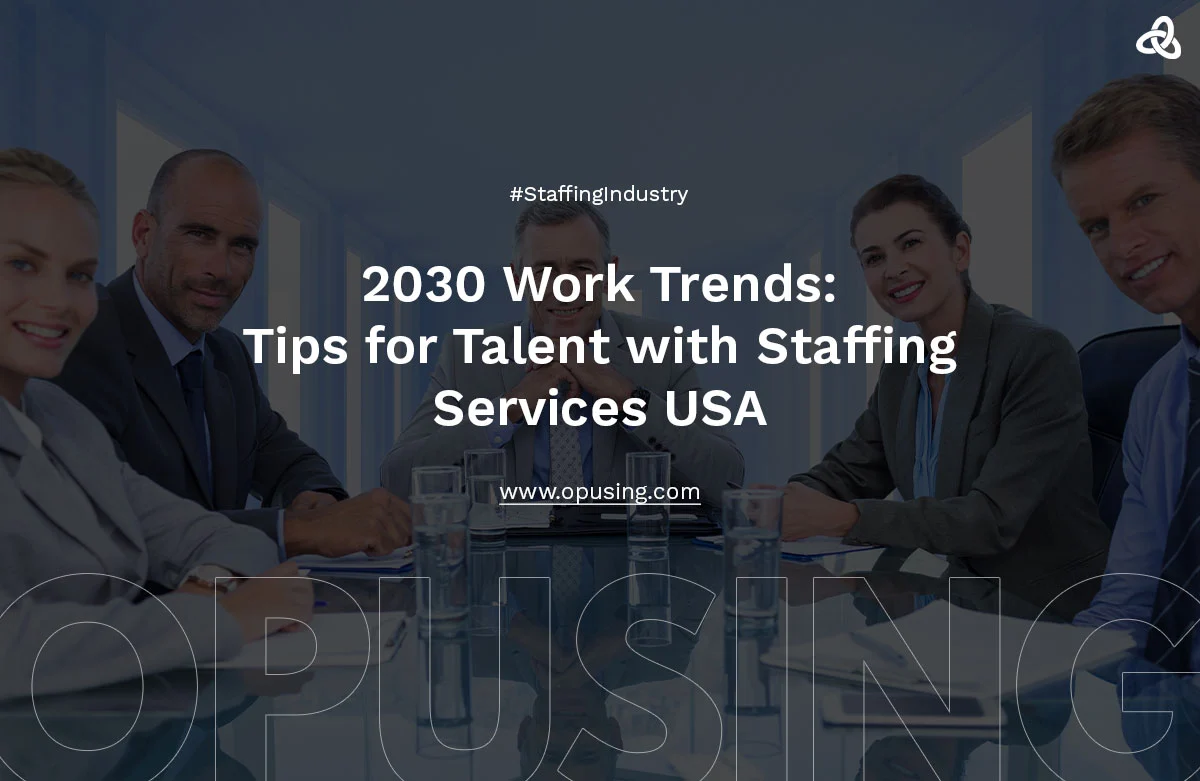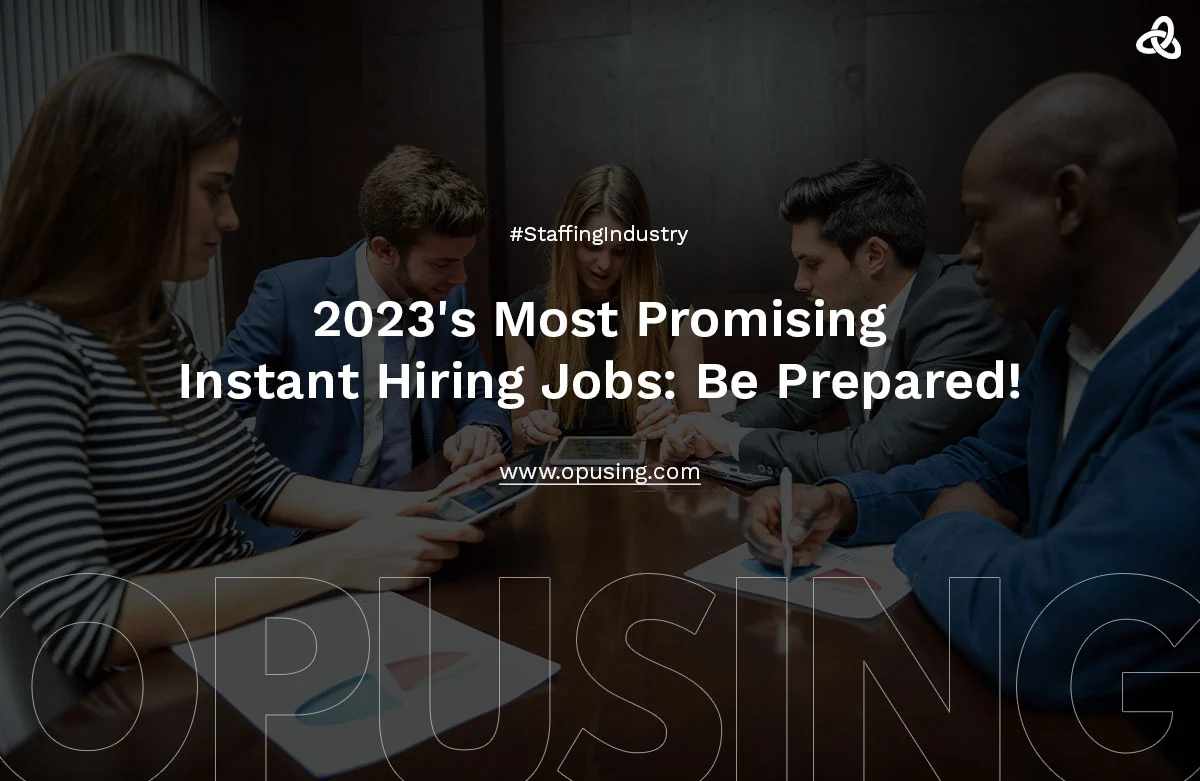Does Career Gap Impact Temporary Workers Too?
 Shourya Mehta
Shourya Mehta- Sept 23, 2024

Job seekers often worry about having a career gap on their resume, as it raises concerns and can negatively impact their profile. Often seen as a red flag by recruiters, a career gap can affect an applicant’s candidacy and even lead to rejection. Let’s understand what constitutes a career gap and how you can lessen its impact on your job application.
What is a career gap?
Workers, whether they are permanent employees or contingent workers, often experience gaps between jobs. According to the Bureau of Labor Statistics, the education and health services sectors have seen the most career gaps. Other industries witnessing an increase in career gaps, due to the disparity between job openings and applications, include manufacturing, professional and business services, information, and financial activities. There may be several reasons for a person to take a break between roles, such as:
- Marriage
- Pregnancy
- Paternity or maternity leave
- End of a contract
- Pursuing further education
- Physical health issues
- Mental health break
- Caring for a sick family member
- Relocation
- Difficulty finding a job
- Military service
- Starting a personal venture
Does the career gap impact temporary workers
Temporary workers
typically have more career gaps due to the time it takes to find new roles after a contract ends. As a result, career gaps impact temporary workers just as much—if not more—than permanent employees when job hunting.How to show a career gap on your resume?
Regardless of the reason, career gaps are common on resumes. While gaps may raise concerns for some employers, they can also highlight growth and learning if presented well. For example, gaps taken for education, training, or personal ventures are often seen positively. To minimize the negative impact of a career gap on your resume, you can:
1) Explain the reason: Clearly state the reason for your career gap to mitigate any negative impressions. For example:
- "January-March 2019: Traveled the World."
- "November 2020 to February 2021: First-Time Parent."
2) Highlight achievements: If your gap was for education or training, showcase this as a positive milestone. For example:
- "May 2017-December 2020: PhD in Healthcare Management."
- "Completed Project Management Training."
- "Learned SQL Basics."
3) Mention contingent work: The gig economy has made it more acceptable to have gaps between traditional jobs. You can fill in career gaps by highlighting freelance or contract work during these periods.
The pandemic led to the “Great Resignation” in the U.S., where workers left jobs in large numbers. Many industries faced financial crises, leaving people jobless for months. Despite the surge in job openings, fewer applicants than expected have been applying. Due to these factors, employers have become more accepting of career gaps.
How recruiters perceive career gaps has evolved. If you’re concerned that a gap might hurt your chances, now is the time to leverage this shift in mindset and seek better opportunities. Opusing is a true judgment-free staffing agency that connects true talent with the right opportunity. We take care of your candidates as much as we take care of our clients.
Candidates: Check out our job page
Employers: Send us your requirements at hroperations@opusing.com
Our Latest Blogs

7 Best Staffing Agencies Tips to Make Your Job Application Stand Out From the Crowd
We curated seven tips that the best staffing agencies will approve of to help your job application stand out....
Read More
Workforce Solution: Four Advantages of Converting a Temporary Staff to Permanent Employee
Hiring a temporary workforce is the most advantageous workforce solution. However....
Read More
Staffing Firm Edition: 4 Ways To Make Onboarding Process Effective for Remote Employees
Staffing firms will confirm that changing times calls for a process revamp. Now you need to adjust to....
Read More


